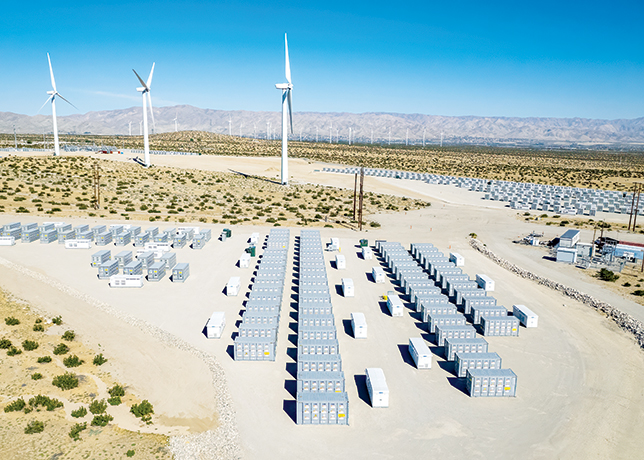
 Renewable energy generation reached a record high of 4,748 TWh in 2023
Renewable energy generation reached a record high of 4,748 TWh in 2023
In a landmark report, the Energy Institute (EI) has painted a vivid picture of an energy-hungry world grappling with record consumption levels, burgeoning renewable energy generation, and the persistent challenge of fossil fuel dependency.
Data from the 73rd annual edition of the Statistical Review of World Energy highlights several key trends. Global primary energy consumption surged to an unprecedented 620 Exajoules (EJ), marking a 2 per cent increase from the previous year. The report was coauthored with KPMG and Kearney.
Fossil fuel consumption also hit a record high, rising by 1.5 per cent to 505 EJ, propelled by coal, which increased by 1.6 per cent, and oil, which saw a 2 per cent rise, surpassing 100 million barrels daily for the first time.
Despite a slight reduction in their share of the energy mix to 81.5 per cent, emissions from energy activities soared by 2 per cent, crossing the 40 gigatonnes of CO2 threshold for the first time.
Renewable energy generation, excluding hydro, climbed by 13 per cent to reach a record 4,748 TWh globally.
This growth was predominantly driven by wind and solar energy, which contributed to 74 per cent of the net additional electricity generated. Renewables accounted for 8 per cent of primary energy use, or 15 per cent when including hydro.
The ongoing conflict in Ukraine continued to reshape Europe's energy landscape, with gas demand dropping by 7 per cent, following a 13 per cent decrease the previous year.
 |
OQ8 will significantly boost Oman's diesel export capabilities |
In a significant development, Europe saw fossil fuels' share of primary energy fall below 70 per cent for the first time since the Industrial Revolution, thanks to reduced demand and a surge in renewable energy. In the US, fossil fuels' share of total primary energy consumption dipped to 80 per cent.
However, growth economies faced challenges in curbing fossil fuel growth. In India, fossil fuel consumption surged by 8 per cent, making up almost all demand growth and reaching 89 per cent of overall consumption.
Conversely, Africa saw a 0.5 per cent drop in primary energy consumption, with fossil fuels comprising 90 per cent of the mix and renewables (excluding hydro) at only 6 per cent of electricity.
China’s post-Covid rebound led to a 6 per cent increase in fossil fuel use, though its share of primary energy has been declining since 2011, standing at 81.6 per cent in 2023.
China also added 55 per cent of all new renewable generation, surpassing the rest of the world combined, and overtook Europe on a per capita energy basis for the first time.
Reflecting on these findings, Juliet Davenport, EI President, remarked: 'Energy is central to human progress. It is also now central to our very survival. With global temperature increases averaging close to 1.5 deg C, 2023 was the warmest year since records began, and the increasingly severe impacts of climate change were felt across all continents.'
By Abdulaziz Khattak



















































































